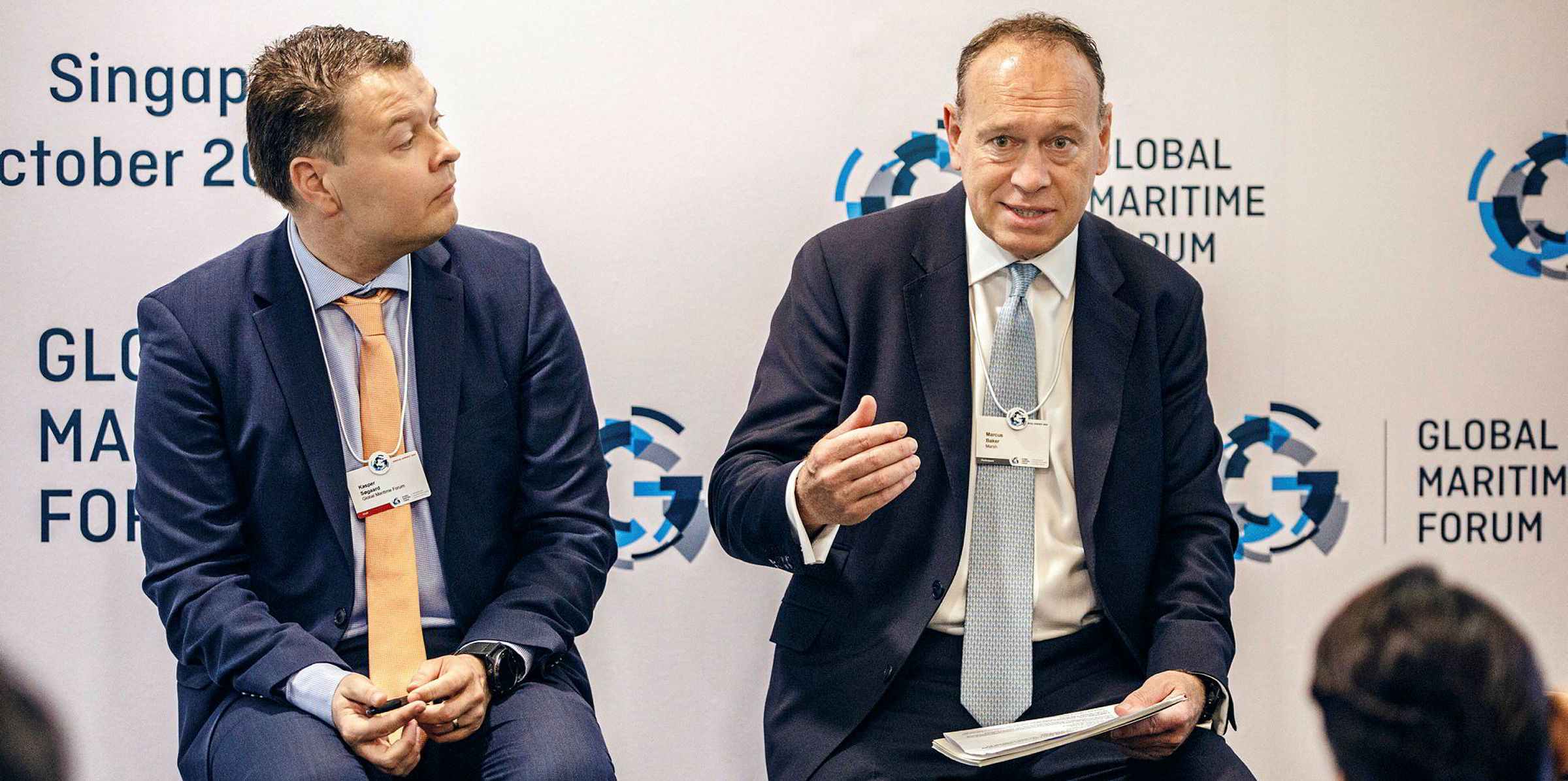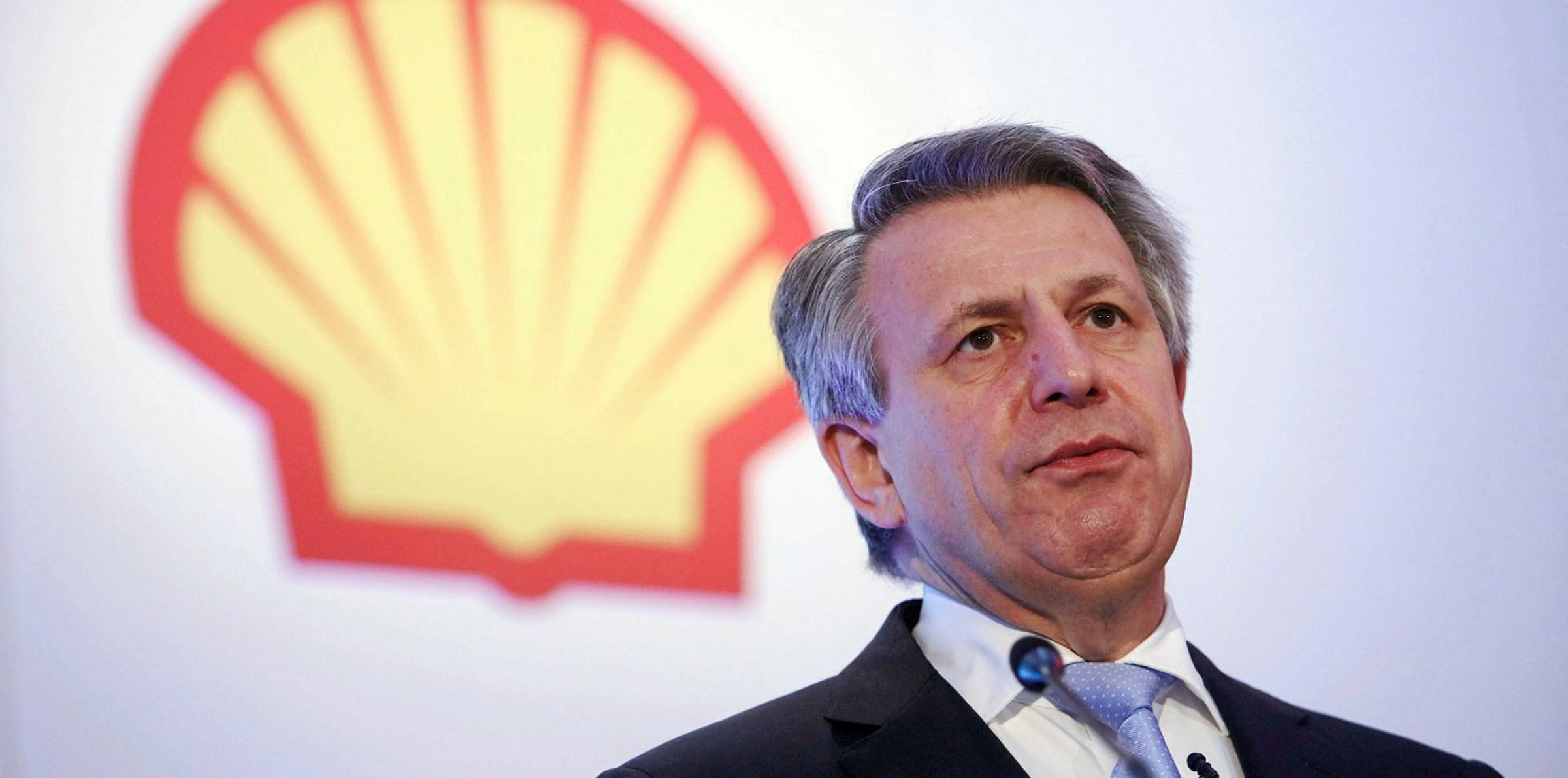A new survey of zero emissions projects has revealed the importance of public funding in shipping's decarbonisation drive.
The Getting to Zero Coalition has mapped 66 new trials and demonstrations worldwide, revealing 49 of these are in Europe. Asia is next on 16.
Of the 66 underway, 32 have received or are anticipating receiving some level of public funding.
Much of this backing is European, with 29 of the 32 projects receiving financing originating in Europe.
The mapping shows that government support for ship demonstration projects in the order of €10m ($11.8m) are not uncommon, while the support for large-scale fuel production demonstrations can be significantly higher.
Scouring the world
To come up with its figures, the coalition asked its partners for information on projects, while TradeWinds was also read "quite intently" for new announcements, said Kasper Sogaard, head of research at the Global Maritime Forum, a coalition partner.
"This is the initial mapping, there's definitely stuff out there that we missed," he told TradeWinds, explaining that language barriers mean it is harder to find out about projects in China for example.
The idea is to "take the temperature of where the industry is" and "show the world how much the shipping industry is already doing", Sogaard added.
This can help build confidence in terms of potential government investment, he said.
"If we can demonstrate that there are customers willing to pay for cleaner shipping, that will be an important driver to get more to invest in it," Sogaard added.
"We can only make this transition happen if there's commercial viability. You need to survive as a business."
Funding can be opaque
Sogaard explained that the proportion of funding is probably higher, but there is a lack of clarity outside Europe on state backing.
He called investment amounts "not insignificant because some of these ships are not all that big".
And he said: "We need to see exponential growth in volumes of new fuel. Projects are now growing exponentially, but they require a lot of government funding to get off the ground."
The researcher said the German government is giving €30m to some of the coalition's partners to get a 100 MW hydrogen electrolyser up and running, as opposed to 10 MW now.
"If we don't have the fuel, we can have all the great engines in the world but it's not going to get us very far," Sogaard added.
Most of the projects being announced are collaborations, which is viewed as vital.
Sogaard said: "Bringing the energy and maritime sides together is important because there's a risk that if you invest in large-scale new fuel technologies, will I actually have a buyer?"
Strength in numbers
But working together can diversify potential off-takers and share the risk, he added.
The projects concentrate either on ship technologies development or fuel production.
"The majority covering fuel production focus on green hydrogen, which is largely due to hydrogen’s position as a ‘building block’ for the production of other fuels such as ammonia or methanol," added Sogaard.
A total of 47 projects are trials demonstrating they are capable of operation under real-world conditions.
Technology already available
"Much of what needs to be achieved is already technically possible. The key issue here is to close the competitiveness gap between traditional fossil fuels and new zero-emission fuels," the researcher said.
For projects covering fuel production, the majority focused on green hydrogen, which is produced using renewable energy to split water into hydrogen and oxygen through electrolysis.
This is largely due to hydrogen's position as a "building block" for the production of other fuels such as ammonia, methanol and ethanol.
Most hydrogen fuel projects relate to small ships of less than 5,000 dwt, or larger vessels where a hydrogen fuel cell is being used for auxiliary power.
"What this suggests is that although hydrogen will certainly have a key role in the production of new fuel sources, it isn’t currently strongly anticipated for use aboard larger vessels in comparison to other fuels," the coalition said.
In contrast, ammonia and biofuels are being envisioned more consistently for large deep-sea vessels, with large biofuel ships already operational and large ammonia vessel concepts being developed.






